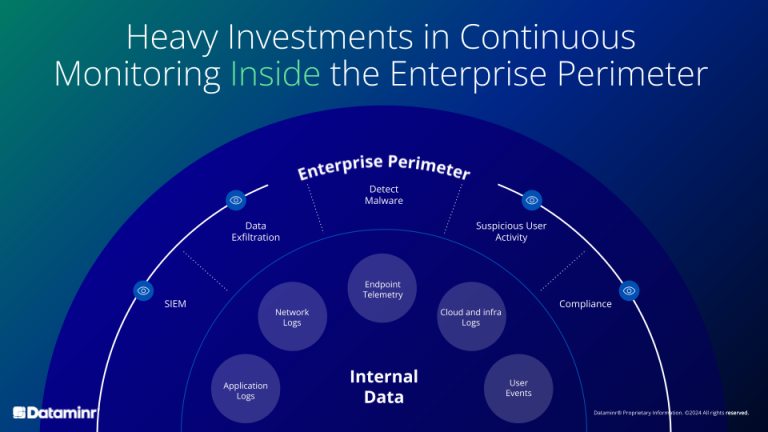
Understanding Transformative Philanthropy
In a world characterized by rapid change and increasing inequality, traditional models of giving are evolving. Transformative philanthropy is emerging as a powerful approach that emphasizes not just charitable donations but a deeper commitment to creating systemic change. This modern paradigm encourages philanthropists to invest time, resources, and expertise into initiatives that address the root causes of social issues rather than merely alleviating symptoms. By adopting transformative strategies, donors can make a more significant impact on their communities and the world at large.
Emphasizing Collaboration and Partnerships
One of the most effective strategies in transformative philanthropy is the focus on collaboration. No single individual or organization can tackle complex social challenges alone. By forming partnerships with nonprofit organizations, government agencies, and other philanthropic entities, donors can leverage their resources and expertise more effectively. Collaborative initiatives often yield innovative solutions that are more sustainable in the long run. For instance, joint funding arrangements can pool resources to address pressing issues like climate change, education reform, and public health crises.
In addition to financial collaboration, sharing knowledge and best practices between organizations can amplify impact. Philanthropists can facilitate workshops, conferences, and networking opportunities that bring together various stakeholders to share insights and strategies. This collaborative approach not only enhances the effectiveness of philanthropic efforts but also fosters a sense of community among those committed to social change.
Data-Driven Decision Making
In the age of information, data-driven decision-making has become a cornerstone of impactful philanthropy. Donors now have access to vast amounts of data that can inform their giving strategies. By utilizing analytics and performance metrics, philanthropists can identify areas of need, track the progress of funded initiatives, and measure their impact over time. This evidence-based approach allows for more informed decisions, ensuring that resources are allocated where they can do the most good. Organizations like Arnold Ventures exemplify this strategy, focusing on rigorous data analysis to fund initiatives that produce measurable, scalable results
Moreover, data can help philanthropists identify and support innovative solutions that are often overlooked. For example, by analyzing social trends and community needs, donors can invest in grassroots organizations that are uniquely positioned to address specific challenges. This targeted approach not only increases the likelihood of success but also empowers local communities by providing them with the resources they need to effect change.
Fostering Long-Term Investments
Transformative philanthropy moves beyond one-time donations to embrace long-term investments in communities and initiatives. By committing to sustained funding, philanthropists can support programs that require time to demonstrate their effectiveness. This long-term perspective acknowledges that many social issues are complex and cannot be resolved overnight. For example, educational initiatives that focus on early childhood development may take years to show significant results, but their long-term benefits can be profound.
Donors who adopt a long-term investment strategy often engage in ongoing dialogue with the organizations they support. This relationship-building fosters trust and accountability, allowing for mutual learning and adaptation. As circumstances change, both the donor and the recipient can adjust their strategies to maximize impact, ensuring that resources remain aligned with evolving community needs.
Embracing Innovative Solutions
The modern era of philanthropy is marked by a willingness to explore innovative solutions to social problems. Transformative philanthropists are increasingly looking beyond conventional funding models to invest in social enterprises, technology-driven initiatives, and other creative approaches. By supporting innovative solutions, donors can catalyze change and inspire others to think outside the box.
For instance, funding for technology ventures that address social issues—such as apps that promote mental health awareness or platforms that connect underserved populations with essential services—can drive significant progress. Additionally, philanthropists can invest in social enterprises that aim to generate profit while also delivering social value, creating a sustainable funding model that can be scaled over time.
Prioritizing Equity and Inclusion
A critical component of transformative philanthropy is the commitment to equity and inclusion. Philanthropists must recognize and address the systemic barriers that marginalized communities face. By prioritizing equitable funding practices and ensuring diverse voices are included in decision-making processes, donors can help dismantle the structures that perpetuate inequality.
In practice, this means actively seeking out and supporting organizations led by individuals from underrepresented backgrounds. By elevating these voices, philanthropists can better understand the unique challenges faced by these communities and tailor their giving to meet specific needs. Furthermore, this commitment to equity can lead to more robust solutions that benefit a broader spectrum of society.
Leveraging Technology for Greater Impact
In the digital age, technology plays a vital role in enhancing the effectiveness of philanthropy. Transformative philanthropists are harnessing technology to increase their reach and engagement. Online platforms facilitate crowdfunding, enabling donors to support a range of causes and initiatives. Social media allows for greater awareness and mobilization around urgent issues, connecting donors with organizations and movements that resonate with their values.
Moreover, advanced technologies such as blockchain offer transparency and accountability in charitable giving. By utilizing these tools, philanthropists can ensure that their contributions make a tangible difference while also building trust with their stakeholders.
Cultivating a Culture of Philanthropy
Finally, transformative philanthropy involves cultivating a broader culture of giving within society. Philanthropists can inspire others by sharing their stories and demonstrating the impact of their contributions. By engaging the next generation in philanthropic efforts, donors can encourage a mindset of social responsibility and advocacy.
Educational programs that focus on the importance of giving back can empower young people to become active participants in their communities. Through mentorship and hands-on experiences, the values of philanthropy can be instilled in future leaders, ensuring that the commitment to transformative social change continues for generations to come.
In summary, transformative philanthropy represents a significant shift in how individuals and organizations approach giving. By emphasizing collaboration, data-driven strategies, long-term investments, innovation, equity, and technology, philanthropists can maximize their impact and contribute to meaningful change in the modern era. As we move forward, embracing these strategies will be essential to addressing the pressing social issues of our time.






